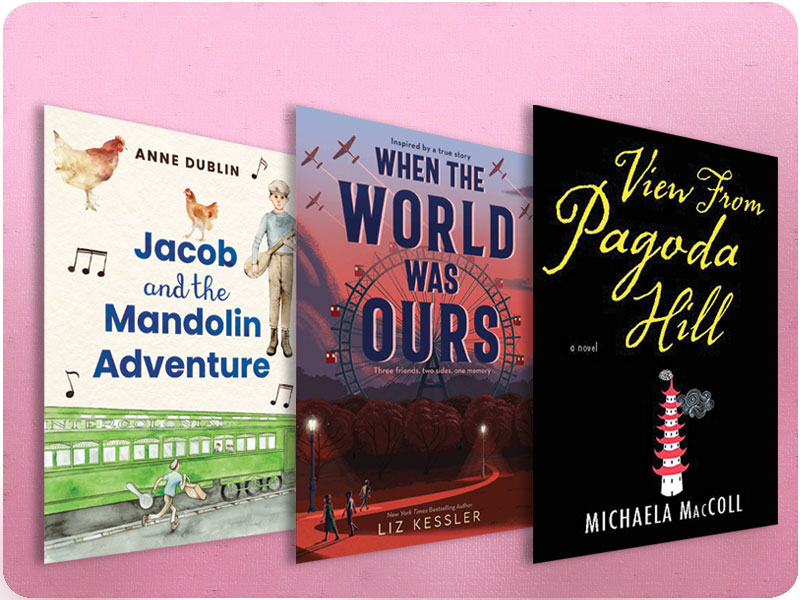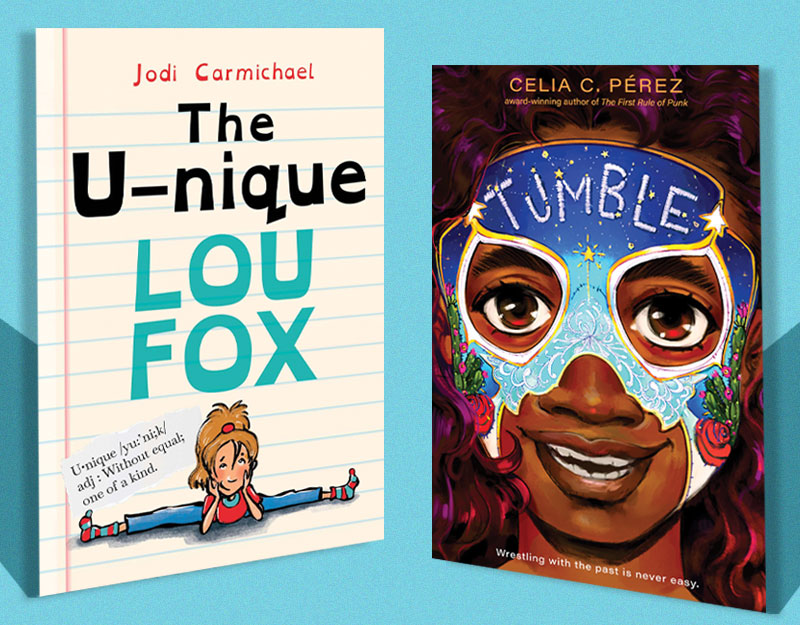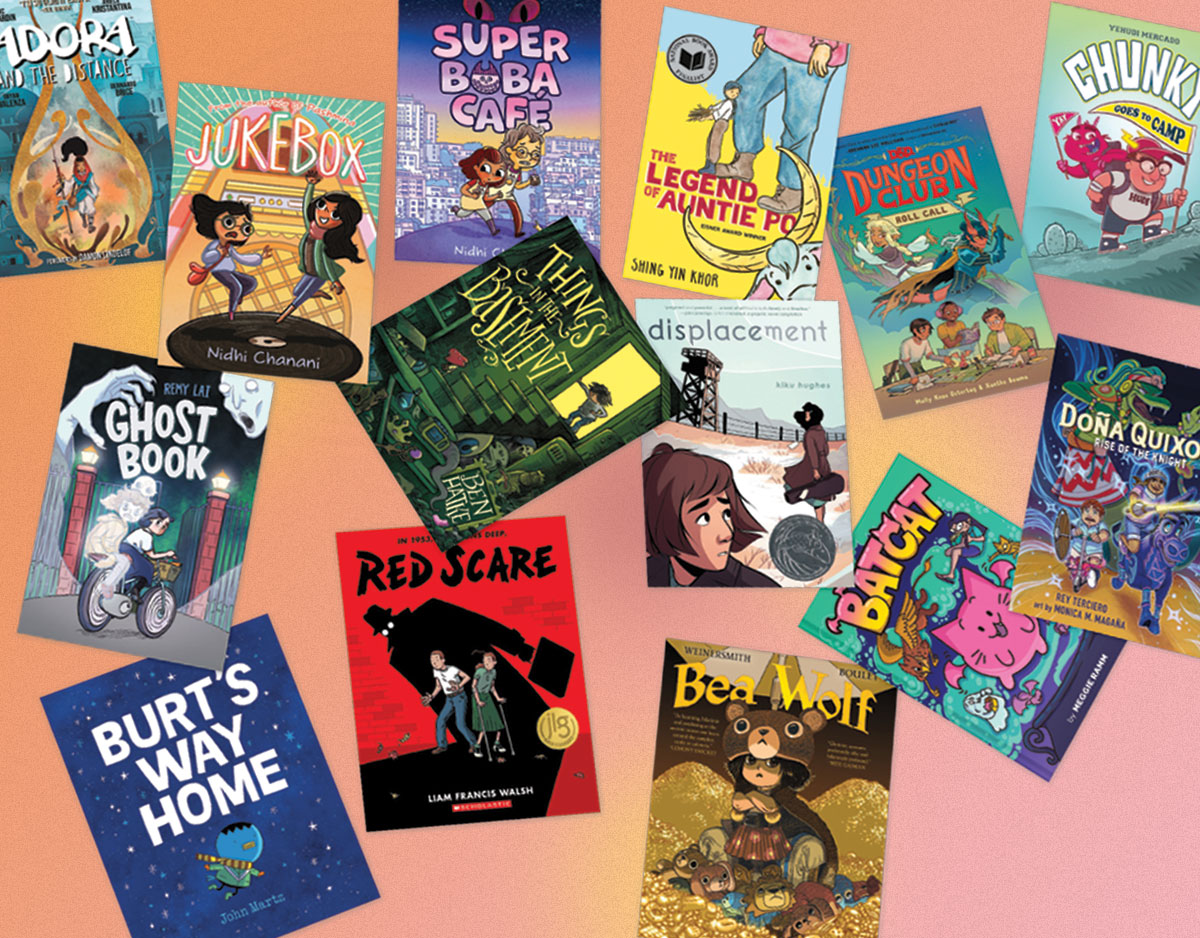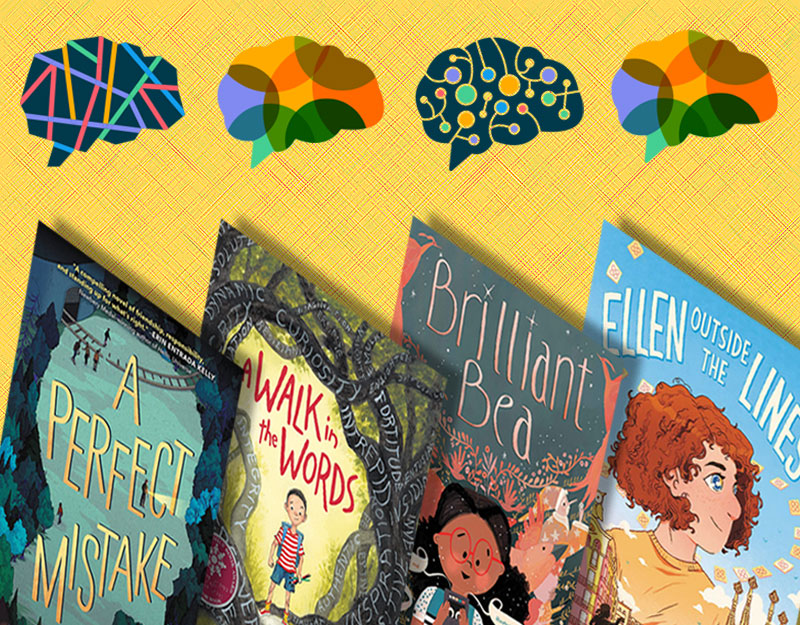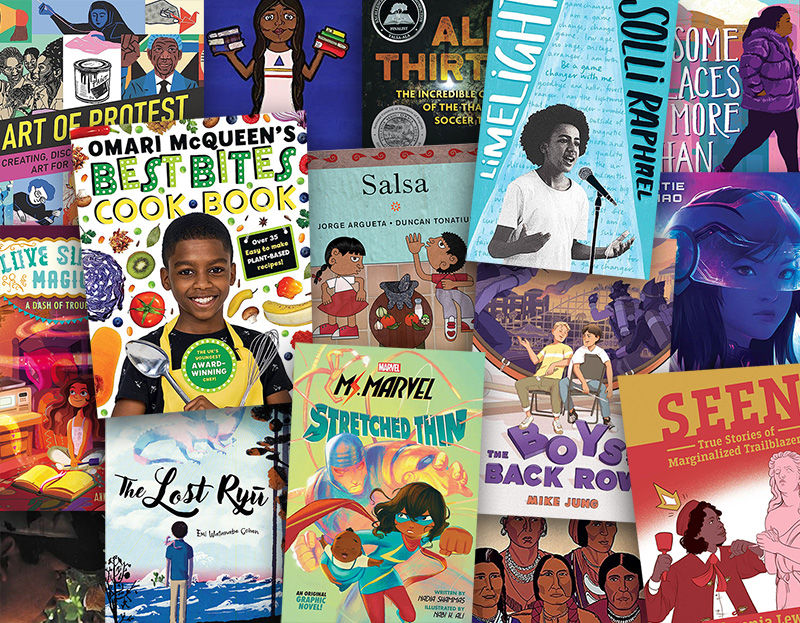Stories and Themes: Rambling, Ranting, and Reflecting, a guest post by T. P. Jagger
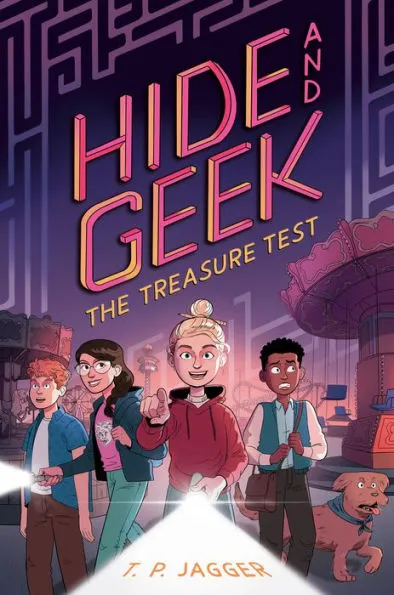
CONFESSION: When discussing books and writing and all things literature, I hate the concept of theme. Or, if you feel that hate is too strong of a word, would it be okay if I just say that I “strongly dislike” the concept of theme? Or maybe “have a significant aversion to”?
But, really, I hate the concept of theme.
I’m not even sure when theme became a thing.
A couple of decades ago, my wife’s grandmother gifted me with an unabridged Webster’s Dictionary from 1937, which was mounted on this really cool antique dictionary stand that’s probably even older. I decided to consult that 1937 Webster’s to see what it had to say about theme. Here was the most relevant definition: “A subject or topic on which a person writes or speaks.”
ADVERTISEMENT
ADVERTISEMENT
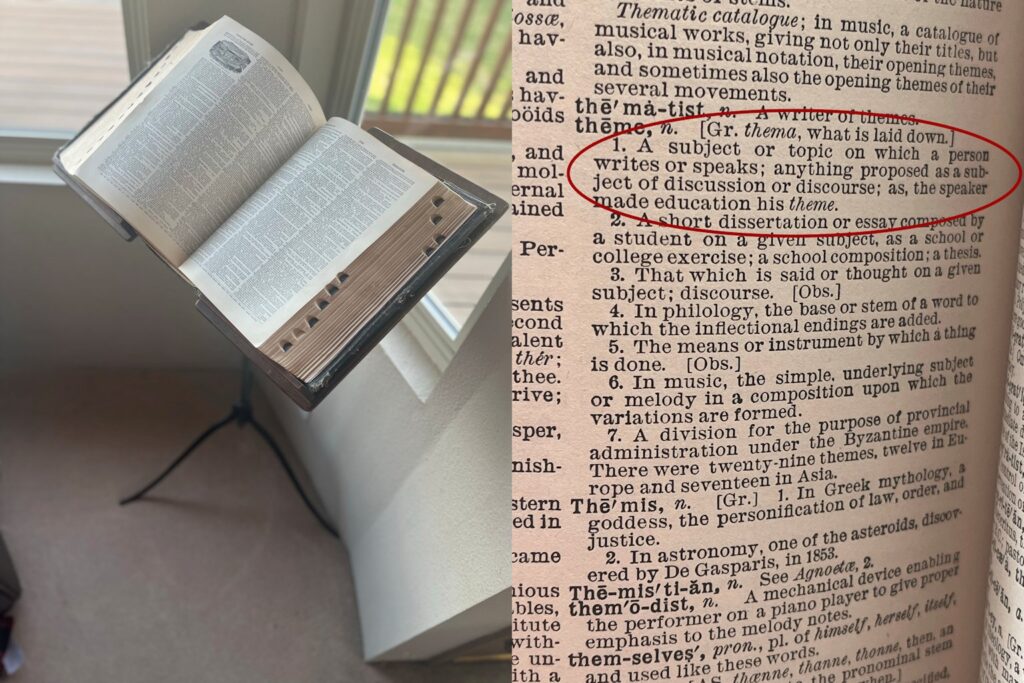
So … kind of theme-ish. But my 1937 Webster’s offered nothing about a story’s “deeper meaning” or “central, unifying idea,” which is the sort of stuff that pops up if you ask Google: “What is a theme in literature?”
Sure, starting thousands of years ago with tales like Aesop’s fables, there were moral lessons underpinning many stories. But the modern understanding of theme is more subtle than those moralistic tales from bygone millennia.
In today’s schools, it starts with fourth graders. They’re required to “determine the theme of a story, drama, or poem from details in the text.” And the academic standards build from there. Year upon year, grade after grade, students compare and contrast and analyze and continue to fine-tune their mastery of theme all the way through high school.
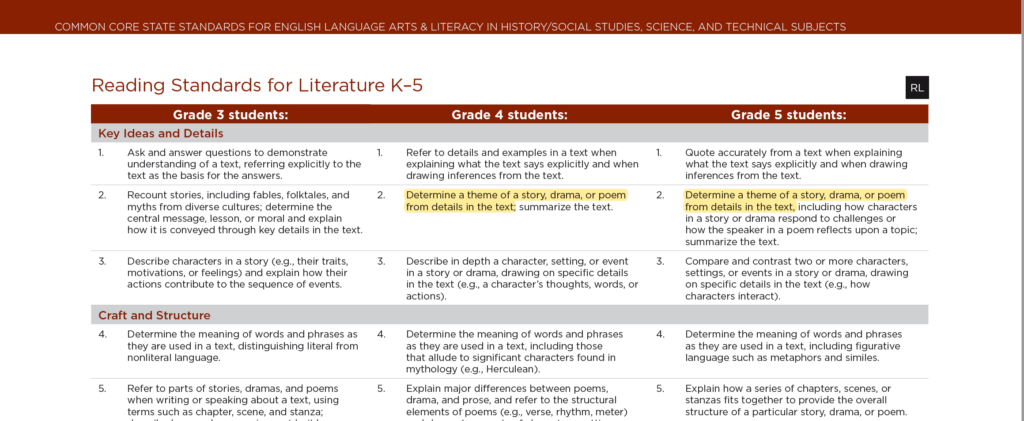
So what is the theme of a classic story such as “Cinderella”? Is it the value of hard work?… The importance of kindness?… The risks associated with running in glass slippers after midnight?…
I’ll let the fourth graders—or maybe the high schoolers—figure that one out.
The thing is, I’ve heard plenty of authors talk about how theme shapes the stories they write, how it’s the foundation that guides every step of their story-writing process, from initial concept to final creation. I have no problem with their approach. I’m just not one of those authors. When I write, I’m never thinking about theme. I’m focused on crafting an entertaining story, and I try to combine an original plot and interesting characters to make that happen.
Yet I also realize that my writing is shaped by the experiences I’ve had, the beliefs I hold, the things I value. And one thing I value and believe in is the role of stories in helping readers to experience new perspectives. To see other sides. To think critically.
Which brings us to my most recent middle-grade novel, Hide and GEEK: The Treasure Test.
In book #1 of the Hide and GEEK series, the GEEKs—Gina, Edgar, Elena, and Kevin—hunt down a long-lost treasure to help save their small, New Hampshire town. But in book #2, rumors begin swirling that the GEEKs’ original treasure hunt was faked. A mysterious blogger posts questionable photos that seem to show the GEEKs are frauds. Social media blows up with not-so-nice things to say about the four friends. They go from hometown heroes to hated has-beens.

The GEEKs find that too many people are quick to become critical yet slow to think critically. And when it comes to being critical versus thinking critically, there’s a huge difference.
Recent years have brought an explosion of claims about “fake news.” Sometimes—as the GEEKs experience in The Treasure Test—the news really is fake. Photos get doctored. Facts altered. Context excluded. Nuance ignored. Other times, the cries of “fake news” are simply distractors. Baseless claims meant to divert and deflect. A way to make people question the facts, even when the facts are actually quite clear.
When it comes to these two forms of “fake news,” we have to learn how to tell the difference. We have to care enough about the truth to seek it. Media literacy matters.
So I guess what began as my rambling rant against theme has turned into a rambling rant against fake news. Sorry about that. But here’s the deal: The importance of thinking critically is something I value and believe in. That value and belief found its way into The Treasure Test.
ADVERTISEMENT
ADVERTISEMENT
Does that make it a theme? Maybe. And if so, I can live with that. Because it’s important that tweens and teens—and all of us!—become thoughtful, critical consumers of news and social media.
Maybe The Treasure Test will help some readers realize that. Maybe it will help them see other sides. Experience new perspectives. Reflect on the sources of what they see and hear and read.
And if not? Well… I hope I still gave them an entertaining story.
Meet the author

T. P. Jagger is an elementary school teacher turned reading specialist turned college professor turned writer. He is the author of the Hide and GEEK series from Random House Children’s Books, which includes Hide and GEEK and The Treasure Test. He is definitely not a professional magician, although he can make both pizza andchocolate disappear. He and his family live in the Pacific Northwest, along with two dogs and an evil, ankle-biting cat. You can find out more about T. P., his books, and his free resources for teachers and writers at tpjagger.com.
About The Treasure Test
Five clues. Four days. One chance. When the truth starts twisting, Gina and her fellow GEEKs must prove that their original puzzle-solving prowess was fact not fraud. If they succeed, the local, long-abandoned amusement park, Bamboozleland, will be restored and reopened, which is exactly what their town needs. But if they fail, it could cost them much more than just their GEEK-y reputations.
ISBN-13: 9780593377970
Publisher: Random House Children’s Books
Publication date: 02/14/2023
Series: Hide and Geek #2
Age Range: 8 – 12 Years
Filed under: Guest Post
About Amanda MacGregor
Amanda MacGregor works in an elementary library, loves dogs, and can be found on Twitter @CiteSomething.
ADVERTISEMENT
ADVERTISEMENT
SLJ Blog Network
The Moral Dilemma of THE MONSTER AT THE END OF THIS BOOK
Cover Reveal and Q&A: The One and Only Googoosh with Azadeh Westergaard
K is in Trouble | Review
Fighting Public School Book Bans with the Civil Rights Act
ADVERTISEMENT



